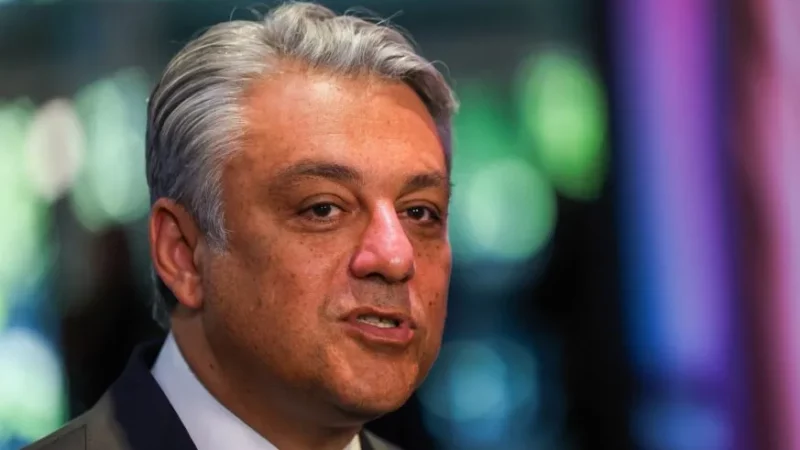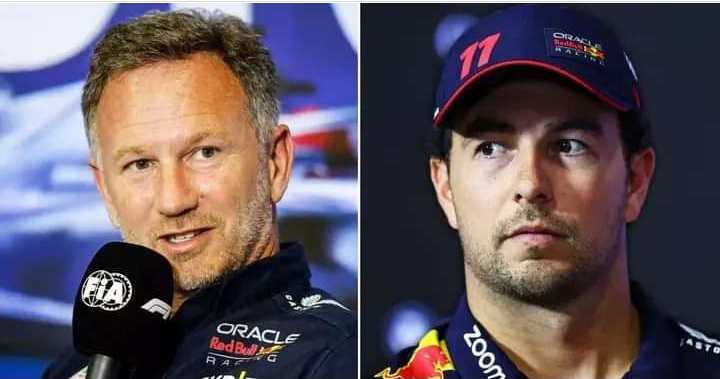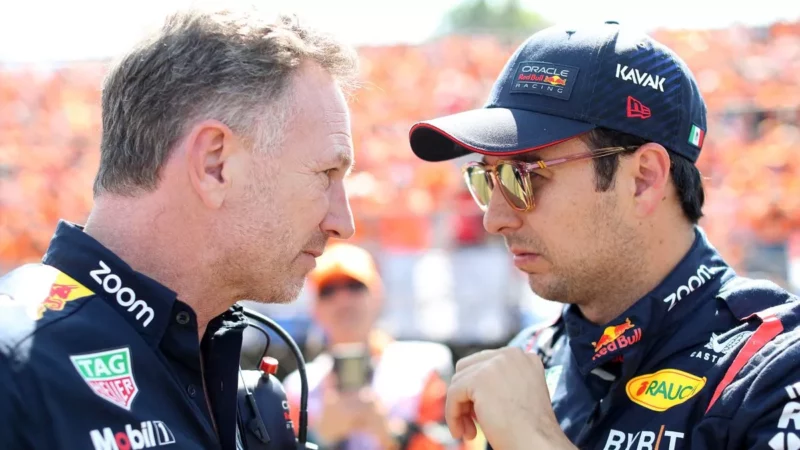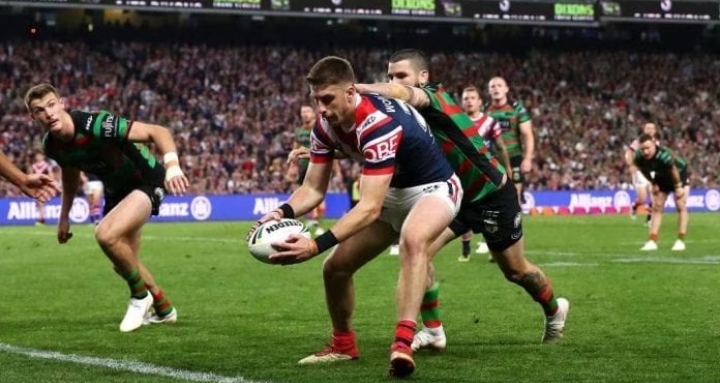Because of the history of the rugby anthem, an England World Cup star declined to sing Swing Low, Sweet Chariot.
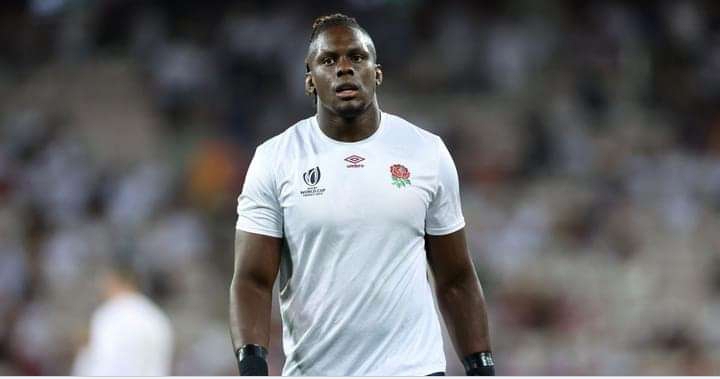
Over the years, the phrase “England fans” and the song “Swing Low, Sweet Chariot” have come to be synonymous, but the current star, Maro Itoje, won’t sing it because of his upbringing.
After learning the history of the famous “Swing Low, Sweet Chariot” anthem, England’s Maro Itoje has declared that he will not sing it.
Itoje made it clear that, despite having previously joined in, he would no longer be singing the song, which is the one most closely associated with England rugby fans and is frequently yelled out at Twickenham.
Itoje, who has been a mainstay with England since making his debut in 2016, was born in London to Nigerian parents and claimed several years ago that the song’s backstory was “complicated.”.
However, he pushed home his new position last summer, calling himself “naive” for ever having sung it.
In an interview with the French newspaper L’Equipe, he declared: “I’m not going to tell people what they should or shouldn’t do, but, personally, I won’t sing this song anymore.
I used to sing it when I was young and ignorant and had no idea where it came from, but now that I am more aware of the circumstances surrounding the writing of Swing Low, Sweet Chariot, I won’t be singing it as often.
“.
Wallis Willis, an African American slave in the 1800s, wrote Swing Low, Sweet Chariot. The song is believed to have been first performed at Twickenham in 1987 in memory of Martin Offiah, but it later gained more traction after another black player, Chris Oti, scored a hat-trick against Ireland the following year.
According to Itoje, who spoke to the BBC, “The context in which it was originally sung was with African American individuals to try and give them strength, give them hope.
Its introduction, which was performed for Chris Oti and Martin Offiah—clearly two black players who participated in the game at Twickenham—made me uneasy.
“.
Many governing bodies in sports have looked into such historic connotations, and the RFU followed suit when they examined Swing Low, Sweet Chariot’s usage in 2020.
However, they decided against banning the song because they found that the majority of fans were not aware of its history.
Throughout his playing career, Itoje has added activism and public campaigning to his job as a rugby player.
The Saracens forward was outspoken in his support for the Black Lives Matter movement, saying: “Rugby has given me so much, and I’m grateful.
But it has also given me a platform to champion a few of the causes and problems that are dear to my heart.
“.
Both of England’s victories at the Rugby World Cup involved Itoje.
Although expectations are lower this time around as a result of a subpar tournament run-up, he assisted the team in reaching the final in Japan four years ago.
Itoje’s own performance suffered, but he disclosed why in a March interview, citing an “underlying health condition.”.

